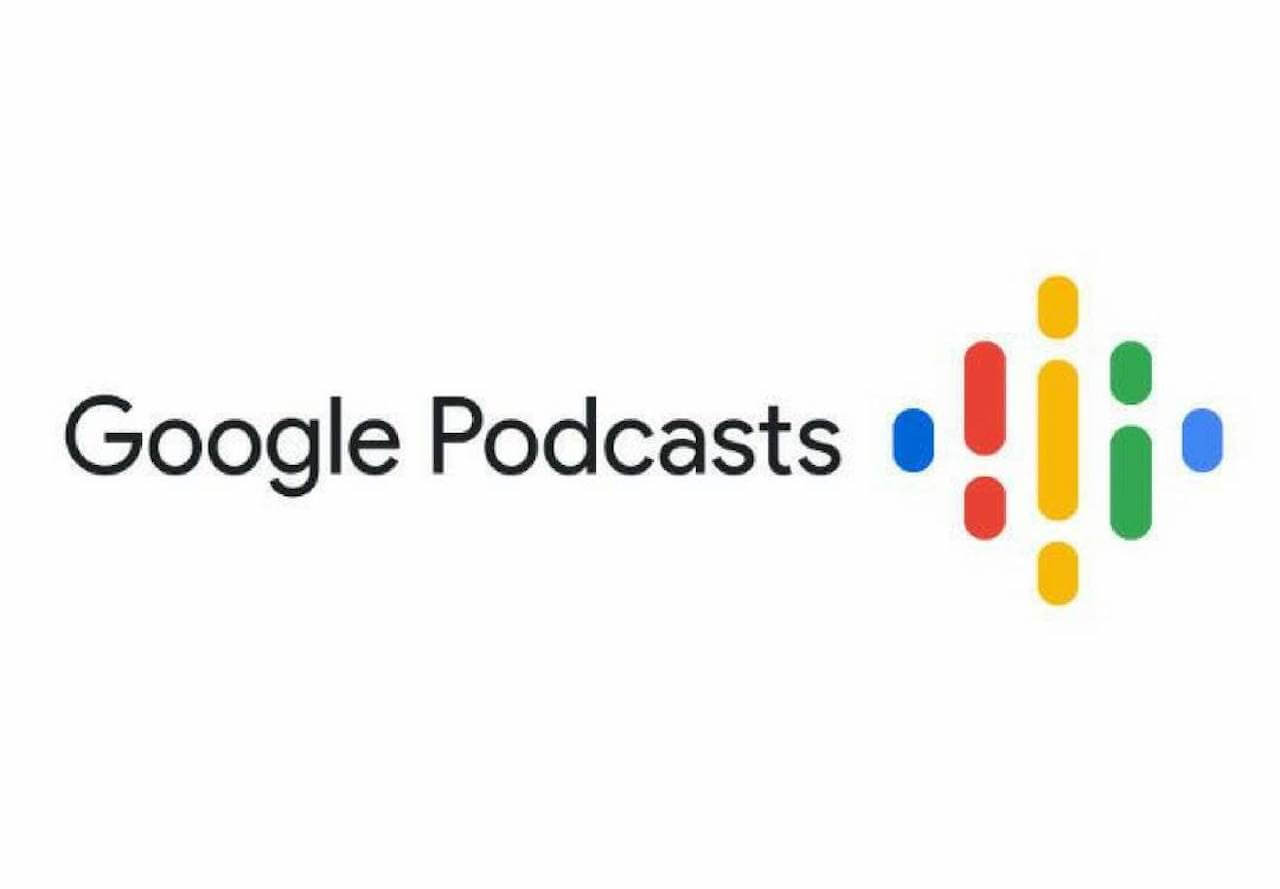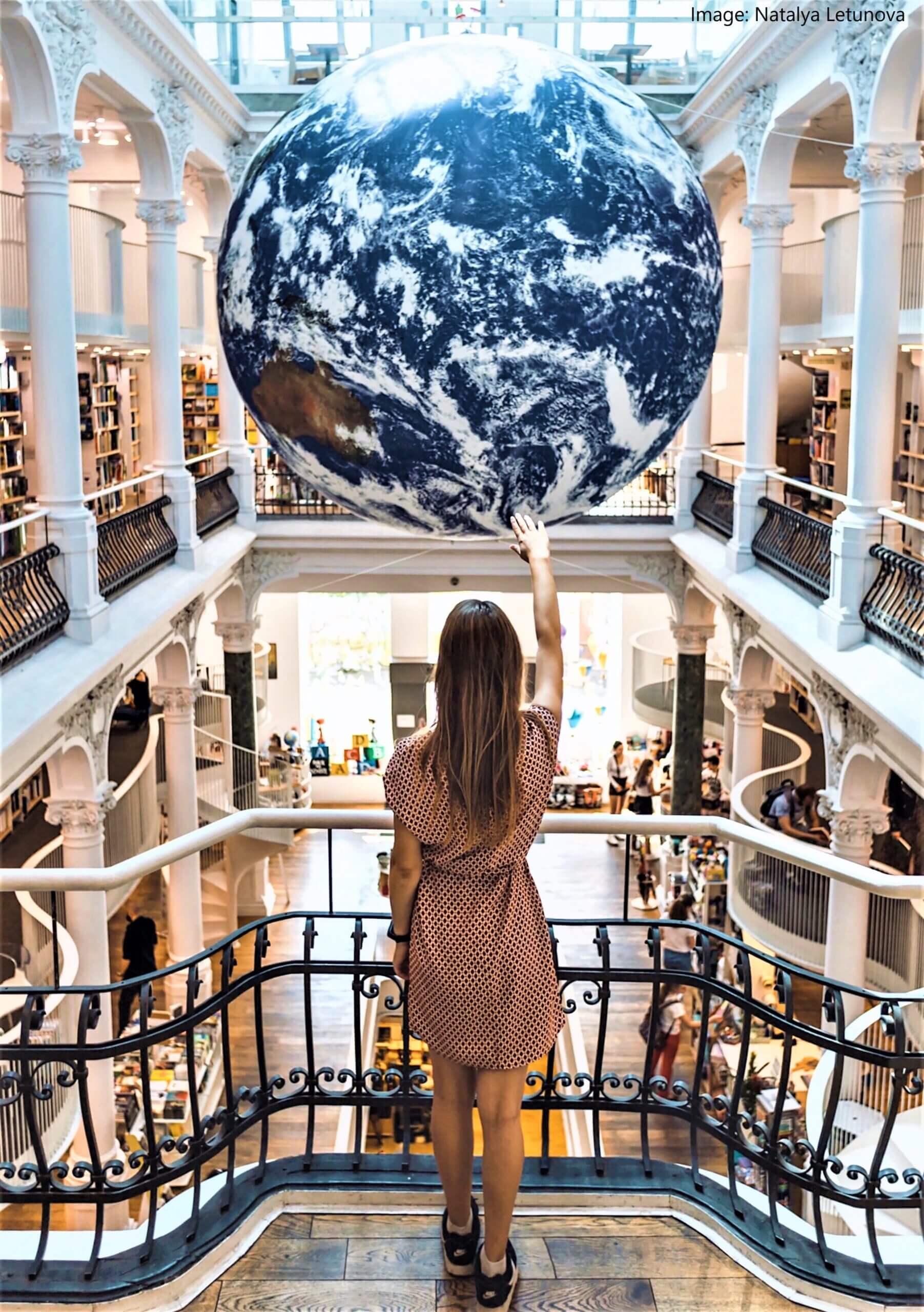
When the world got shut down, many of us found refuge by escaping into stories. Whether reading an intriguing historical biography, an engrossing thriller, or a magical fantasy; for many of us curling up with a book has been a more popular past time. As such, as the world opens back up, it’s an interesting time to look at how our reading habits have changed, and whether or not they have an impact on the environment.
E-readers and digital content has boomed significantly over the last decade. Now a day, it’s not uncommon to hear about book club members debating between whether to read a print book or e-book; as there are pros and cons for each. Some people in my book club swear by the experience of the mighty e-reader, enjoying its compact nature, ability to hold multiple books, the many cool features, as well as the ability to read “pretty much anywhere.” (Except while driving! Judy, we’ve talked about this before).
It seems I’m a bit of a dinosaur, and although I like to read manga via a digital platform, I’m still quite in love with print books. (If you’d like to read all about my disastrous first experience trying out an e-reader, please check out this piece; Scroll to Screen:What Would Shakespeare Say?) I prefer the experience of holding a glossy print book, and being able to flip through the pages, underline favorite passages, and yes, if I choose, I may even dog ear pages. (shh!) Personally, I often use my book as a coaster for my coffee, which becomes rather ridiculous and redundant when I make a fresh cup of coffee and then sit down to read… spending longer than I’d like to admit wondering to myself, “Now… where did I set that book down?”
For my book club, debating what format we were going to use to read our next book didn’t really matter as we simply accommodated everyone, choosing novels which come in both print and digital formats. However, just recently a book club member brought up another reason to consider e-readers which created quite a stir and definitely caught my attention: the negative environmental impact of print books.
Although this book member was rather nice about accusing me of killing the planet one page at a time- she offered me cookies while launching into my moral shortcomings as a print book reader- I must admit I was surprised to hear that the latest climate change culprit was books, and wanted to do a deep dive into the facts around this.
The Sustainability Story
According to a recent piece by Nicole Smythe, in Forbes (September 2022) “When creating a print book, one tree can produce around 8,333 pages of paper; therefore, with an average book containing 400 pages, one tree, on average, can produce around 20 books. However, let’s put this into perspective – with the United States seeing an 8.5% increase in print sales, resulting in 825.7 million additional copies being sold, that’s almost 41.2 million trees needed for material purposes alone. This level of deforestation can generate tremendous amounts of wastewater and a sizeable carbon footprint.”
Ms. Smythe, as well as a very passionate book club member of mine, ascertains that readers need to face the fact that change is upon us, and clinging to our beloved paperbacks may be causing serious harm on our environment.
What happens when books die?
“At the end of a book’s life, unless followed through with a proper recycling process, most often or not, it will end up in a landfill. The process of print book decomposition is one of the most ecologically unfriendly aspects in its full product lifecycle, as it will produce twice the climate change emissions as its manufacturing process.” (Forbes, 2022)
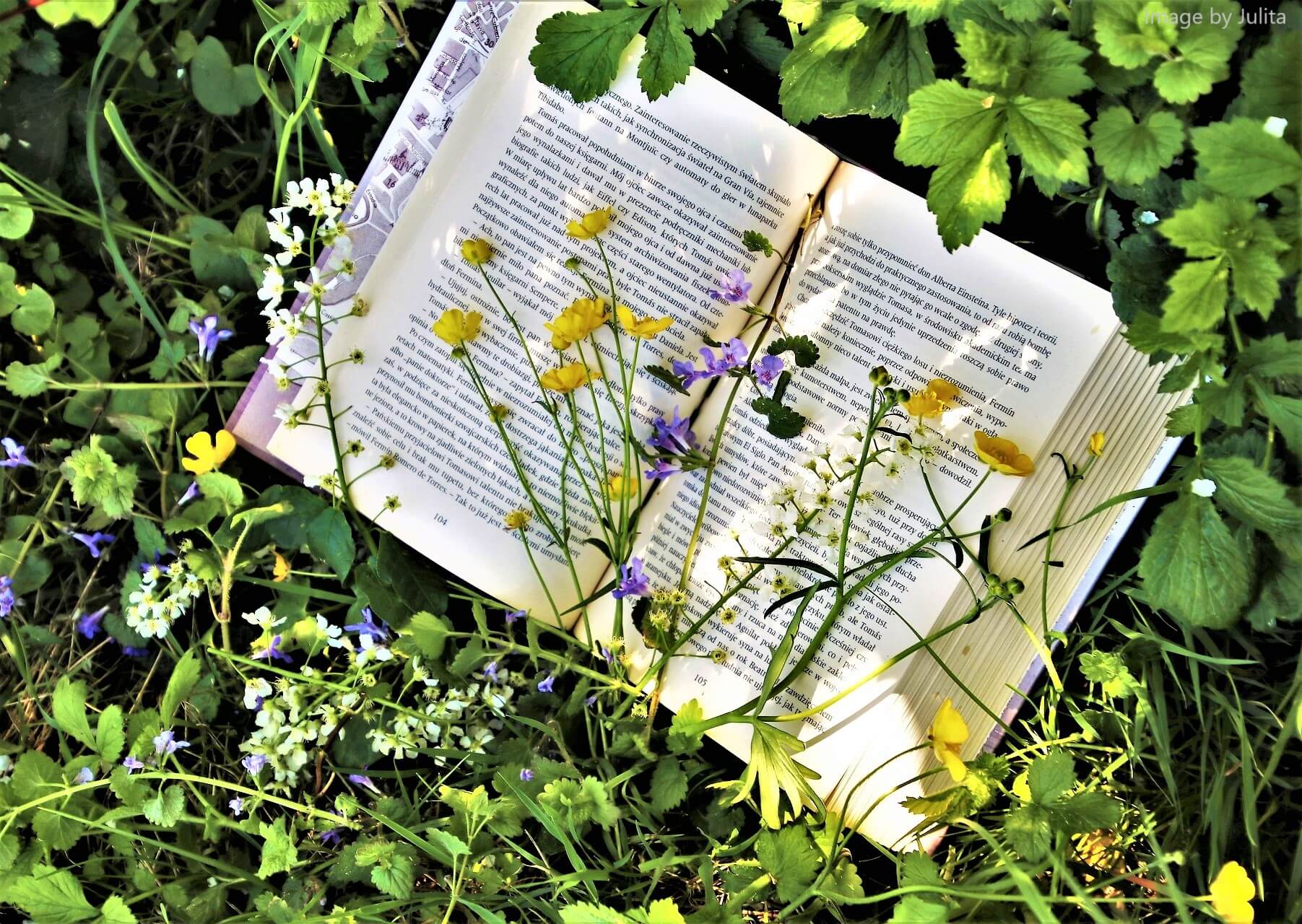
Are e-readers environmentally friendly?
In at 2020 piece published in Anthropocene looking at the the environmental footprint of paper vs. electronic books, writer Pierre-Olivier Roy states, “E-readers don’t require trees, ink, or glue—nor do they take up as much space and weight as a traditional book. An e-reader represents not just one book but an entire bookshelf, so having more books on the e-reader reduces the environmental burden per book. On the other hand, e-readers consist of electronic components (such as the screen, lithium-ion battery, and CPU)—all of which require extraction and transformation of different resources (copper, silicon, and rare earth elements, among others). They use electricity to recharge, and the data centers and servers that host electronic books before they’re downloaded also consume resources and energy. What’s more, an e-reader has a shorter lifetime (around three years) than a paper book. And even though recycling electronic products continues to become easier, the practice is still not widespread and is much more problematic than recycling paper books.”
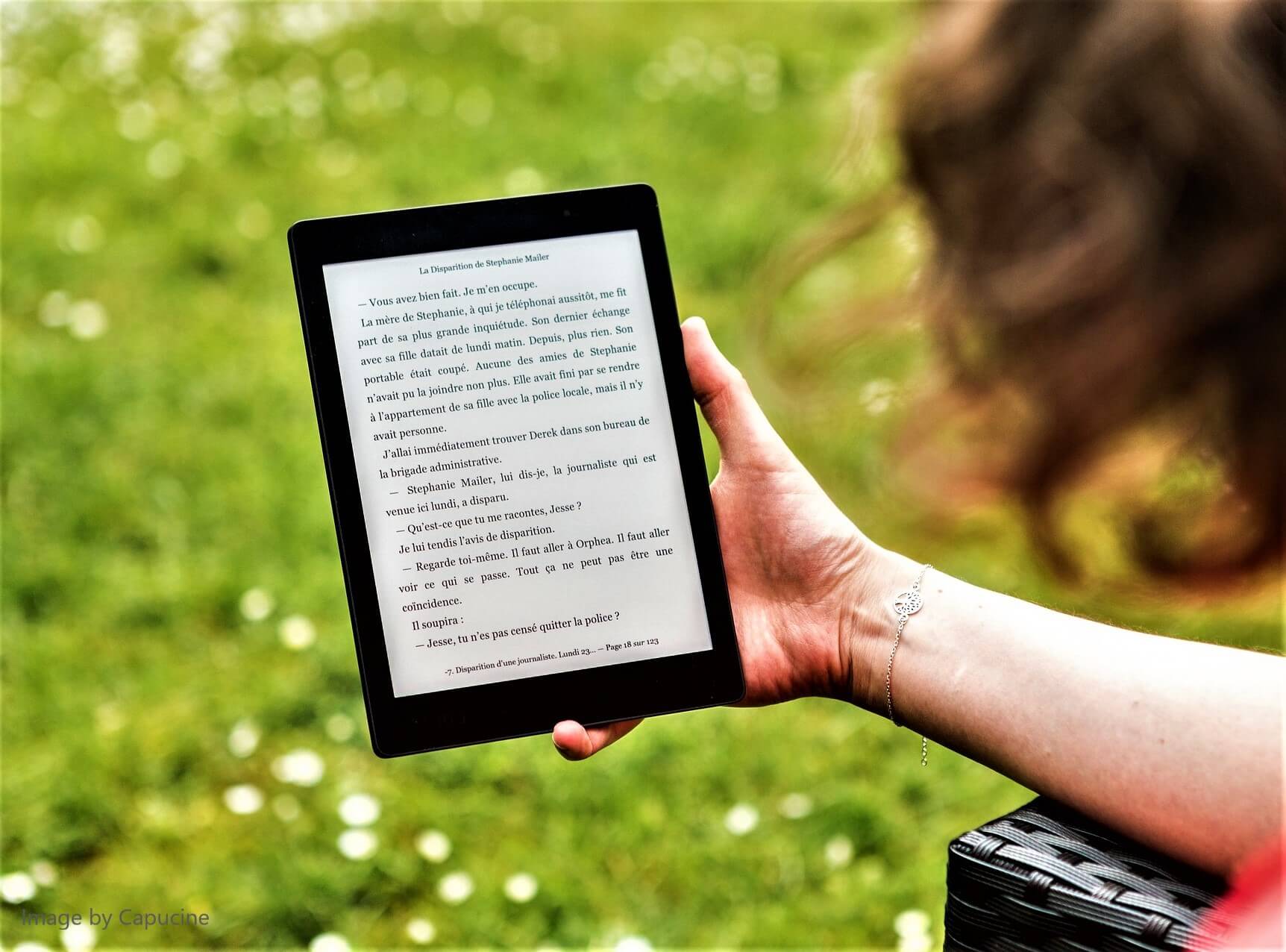
Creative Solutions… Perhaps the Mushrooms will save us?
Did you know we have a global, totally natural, and absolutely amazing and kick ass carbon capturing system already in place?
“The mycelium, which extends more than 300 miles down into the earth, is excellent at taking in and breaking down hydrocarbons. That ability gives it several crucial roles in the forest ecosystem. First, it can break down toxins, making it a protective force for the soil and plants around it. Mycelium also sequesters a great deal of carbon, which keeps climate-warming carbon dioxide out of the atmosphere (some fungi can store 70 percent more carbon in the soil!). Furthermore, the mycelium is able to break some of that stored carbon down into carbohydrates, which then act as nutrients for the soil.” (BBC.com)
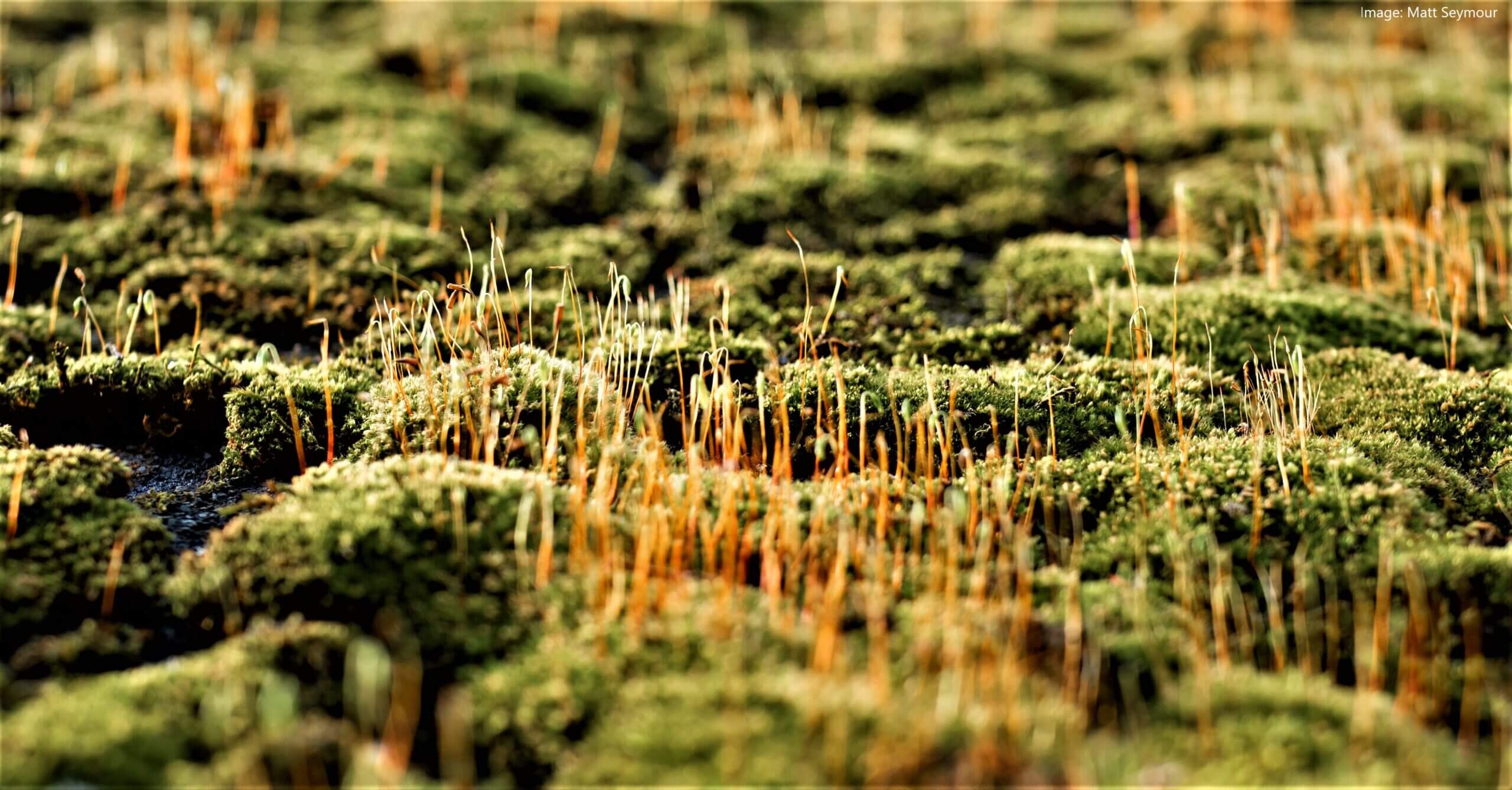
Electronic devices are deeply meshed into our lives. However, benefits they provide, their disposal needs demand we keep searching for more innovated ways to be sustainable. In a recent study published in Science Advances (Nov 2022), researchers have developed a new material created from forest mushrooms which could be utilized to replace plastic circuit boards in electronics.
“Generally speaking, circuit boards are plastic plates housing a complex array of microchips, transistors and other components. These plastic boards are a major hurdle to recycling, with many end up simply incinerated. A mushroom-based board would not only be able to decompose, but would also reveal other useful components for recycling.” (en.reset.org)
So what’s the verdict?
After looking into this topic, I can now report back to my book club that the debate of the “pros and cons” of e-readers vs. print books does indeed extend well beyond our personal reading preferences, and very much into a conversation about sustainability. However, I think if we approach this conversation from a more a more nuanced and balanced approach, we can aim to not only understand it better, but offer real solution options. It’s astonishing how when we align our focus with the solution, and not the problem, there are no limits to what can be accomplished.
Roy points out that “If you read a limited number of books, the paper book will most likely limit your greenhouse gas emissions. But for heavy readers, e-books have a smaller carbon footprint.”

Whether you read print or e-books, it’s important that readers, but even more so, that the companies which create, manufacture and ship these products, do all they can to create sustainable products, made with non-toxic materials, with long shelf lives, which can be recycled. According to Environmental Protection Agency (EPA) reports, 320 million books get dumped in landfills every year. Simple solutions such as donating, sharing, buying used books, as well as utilizing your local e-library, are easy ways to reduce waste in landfills and have a huge environmental impact (salon.com).
As we shift more to digital worlds and see a surge of e-readers rewriting the publishing industry and apparently, book club conversations, I for one, am going to try to focus less on how I am reading a book, and simply enjoy the experience of escaping into a story; whether through pages, or on a screen. As a personal goal, I’m going to seek out a book club where the debates are based on the book content only, as well I will try to use my e-reader more, at the very least, I figure I’m less likely to use it as a coffee coaster… (sigh) again.
An avid book reader and proud library card holder, Angela is new to the world of e-Readers. She has a background in education, emergency response, fitness, loves to be in nature, traveling and exploring. With an honours science degree in anthropology, Angela also studied writing after graduation. She has contributed work to The London Free Press, The Gazette, The Londoner, Best Version Media, Lifeliner, and Citymedia.ca.
